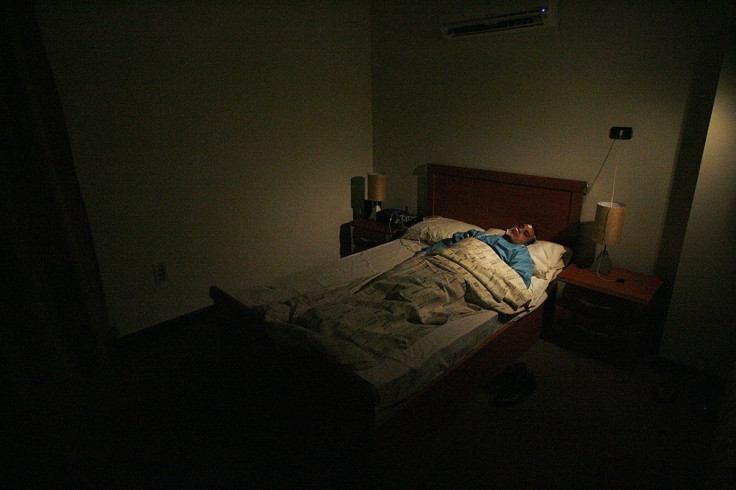This implant monitors brain signals to treat severe sleep apnea
Sleep apnea can lead to one or more pauses in breathing or shallow breaths in mid-sleep.

The US FDA has given the green light to an implantable system for treating severe sleep apnea – the disorder in which a person's brain fails to send regular breathing signals to the respiratory system when that person is resting or asleep.
The new implantable system, dubbed Remedē, aims to restore regular signals to the diaphragm in order to restore mid-sleep pauses while breathing. The battery pack of the device is surgically installed under the upper chest skin and thin wires are inserted into blood vessels near the nerve that triggers breathing.
Once the required components are in place, the system keeps a track of respiratory signals during sleep. As and when there's a break in those signals, it stimulates the nerve to move the diaphragm and restore breathing.
The system was tested on 141 patients and delivered promising results, with more than half of the subjects reporting a 50% (or more) reduction in breathing problems.
In contrast, conventional treatments such as medication or bulky equipment reduced the problem by just 11%.
According to the FDA, sleep apnea can lead to one or more pauses in breathing or shallow breaths in mid-sleep. The cessations could last from a few seconds to minutes before restarting again. This could potentially lead to problems like high blood pressure, obesity, and diabetes, as well as life-threatening conditions such as heart attacks and strokes.
The implantable system promises to alleviate the disorder in both moderate as well as severe cases.
However, it must be noted that not everyone suffering from sleep apnea can use the device. To be specific, the FDA says that the implantable system should not be used by patients with obstructive sleep apnea – cases where the upper airway is blocked – and those who have an active infection or are planning to undergo MRI scans.
© Copyright IBTimes 2025. All rights reserved.





















